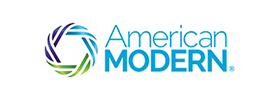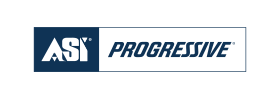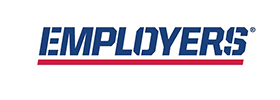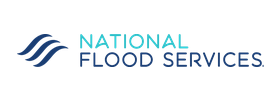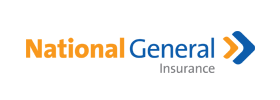When you’re moving to a new house, it can seem as though your to do list is constantly growing. From packing, selling your current home, unpacking, and setting up your utilities, there is no shortage of work to be done. To help you check one item off of your list, our insurance advisors have answered a few questions to help you manage your homeowners insurance when moving:
- When should I tell my insurance advisor I’m moving? It’s best to give your advisor as much notice as possible to help them shop for new homeowners insurance. They can give you an estimate of how much homeowners insurance and flood insurance will cost on the property you’re planning to purchase. It’s important to consider these factors in the overall price of your home, as they can vary greatly from one home to the next.
- Who covers my belongings during a move? This type of coverage could be included in your current policy, but it’s best to check with your advisor to confirm. If you hire a professional moving company, they often offer coverage you can purchase to protect your belongings while in transit.
- How long should I keep homeowners insurance for my old house? You need to maintain coverage on your home until it is sold. If you don’t plan to sell your current home and intend to keep it as a rental or second home, you will need to contact your insurance advisor so they can update or rewrite your coverage.
- How do I update my homeowners insurance policy for my new house? Your insurance advisor can help you shop for new homeowners insurance. Having all of the information on hand, like home details and safety features, may help you qualify for discounts and will help us find coverage options to fit your needs.
- Will the rate for my homeowners insurance policy go up? It depends on multiple factors including the age, size, condition, and location of your new home. If your home has a much higher replacement cost, for example, it may result in a higher premium. Your insurance advisor can shop multiple companies to help find a policy to fit your needs and budget.
Working with our advisors can help you make managing your homeowners insurance during a move one of the easiest tasks on your list. Our team can help you understand your coverage and determine what changes you need to make as you settle into your new home. Call or email us today to learn more.






